What are the environmental protection technologies of ketchup production line?
In the modern food processing industry, particularly in tomato paste production lines, the effective use of water resources and the application of environmental technologies are crucial. With increasing awareness of environmental protection and resource scarcity, companies need to explore innovative methods to achieve water resource recycling and reduce environmental impact during production. This article will delve into how to achieve water resource recycling in tomato paste production lines and the associated environmental technologies.
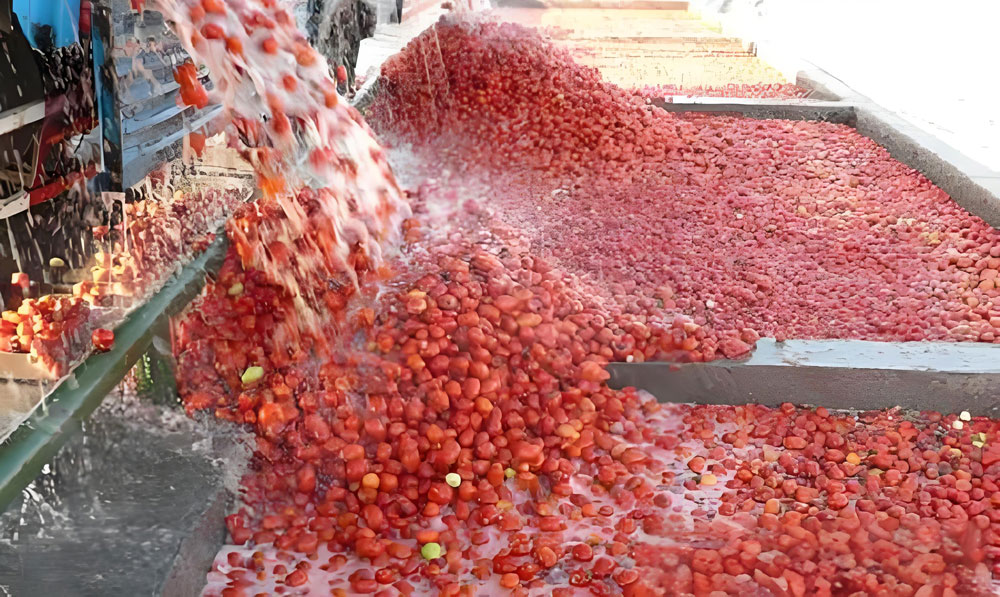
1. The Necessity of Water Resource Recycling
In the tomato paste production process, water is primarily used for cleaning, cooling, and dilution. Effective recycling can significantly reduce water consumption, lower production costs, and decrease wastewater discharge, thereby minimizing environmental impact.
a. Cost Benefits
Saving water directly impacts production costs, allowing companies to improve profits by reducing water procurement and wastewater treatment expenses.
b. Environmental Impact
Reducing water usage helps alleviate pressure on local water resources and minimizes wastewater discharge, contributing to ecological protection.
2. Methods to Achieve Water Resource Recycling
To achieve water resource recycling, tomato paste production lines can adopt the following measures:
a. Closed-Circuit Water Systems
Implementing closed-circuit water systems in production lines allows for the recycling and reuse of water used for cleaning and cooling. After treatment, this water can be used again in production, avoiding one-time usage. Such systems can effectively reduce water consumption and wastewater discharge.
b. Water Separation and Filtration Technology
Using advanced water separation and filtration technologies, such as membrane filtration and sedimentation equipment, can purify water used during cleaning, making it suitable for reuse. These technologies effectively remove impurities and pollutants, ensuring the safety of recycled water.
c. Optimized Cleaning Processes
By employing efficient cleaning equipment and processes, water consumption can be minimized. For example, high-pressure water guns and spray systems can achieve optimal cleaning results with minimal water usage. Additionally, using a tiered cleaning approach for tomatoes—initially cleaning with less water followed by deeper cleaning—can further reduce water usage.
d. Rainwater Collection and Utilization
Designing rainwater collection systems in production facilities allows for the collection of rainwater, which can be treated and used for cleaning and other non-direct food contact applications. This approach not only saves tap water but also reduces production costs.
3. Environmental Technologies in Tomato Paste Production Lines
In addition to water resource recycling, various environmental technologies can be implemented in tomato paste production lines to reduce environmental impact.
a. Wastewater Treatment Systems
Establishing efficient wastewater treatment systems using physical, chemical, and biological methods can treat wastewater generated during production, ensuring compliance with environmental standards before discharge or reuse.
b. Eco-Friendly Packaging Materials
Using biodegradable or recyclable packaging materials reduces environmental burden and enhances the company's eco-friendly image. Additionally, optimizing packaging design can minimize packaging material usage, lowering production costs.
c. Energy Management
Implementing energy-efficient equipment and processes, such as high-efficiency boilers and energy-saving lighting, can reduce energy consumption during production. Monitoring systems can help manage energy usage, allowing for timely adjustments in production processes to minimize energy waste.
d. Waste Management During Production
Optimizing production processes can reduce raw material waste and categorize and handle solid waste generated during production. Collaborating with other companies to achieve resource reuse, such as utilizing by-products for animal feed or fertilizers, can further enhance sustainability.
4. Conclusion
Achieving water resource recycling and applying environmental technologies in tomato paste production lines are effective ways to enhance production efficiency, lower costs, and protect the environment. By introducing closed-circuit water systems, optimizing cleaning processes, and adopting advanced environmental technologies, companies can stand out in a competitive market while contributing to sustainable development.
In the future, as technology continues to advance, water resource recycling and environmental technologies will play an increasingly vital role in the food processing industry. Companies should actively explore and practice these methods to adapt to industry trends and contribute to the protection of our planet.
Must-Read Blogs For Chain Restaurants Owner

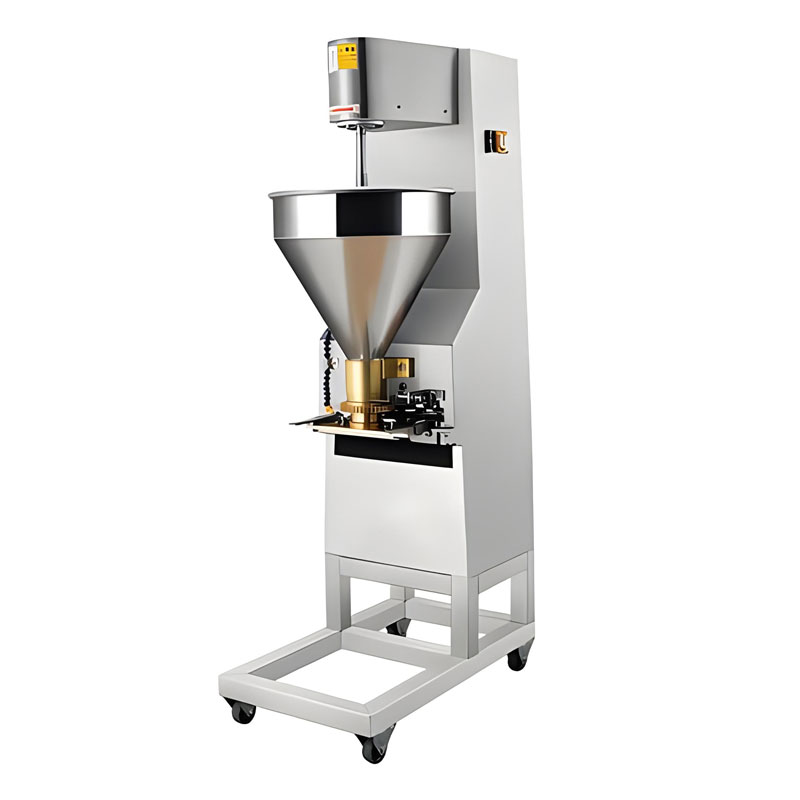
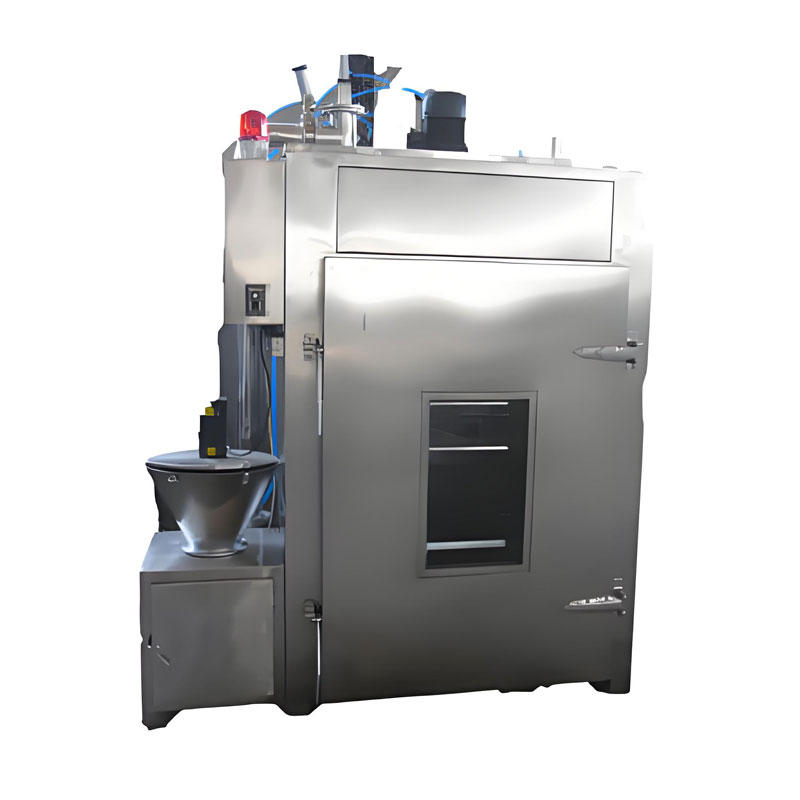
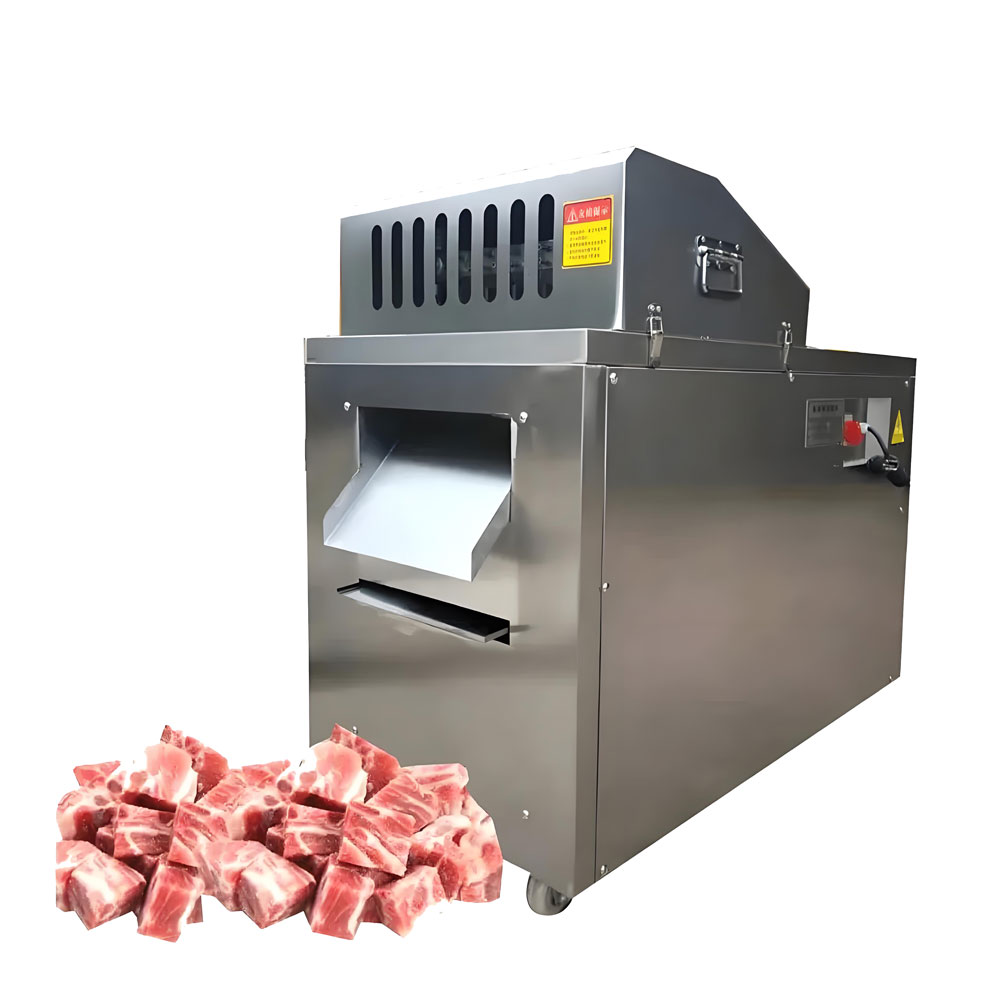
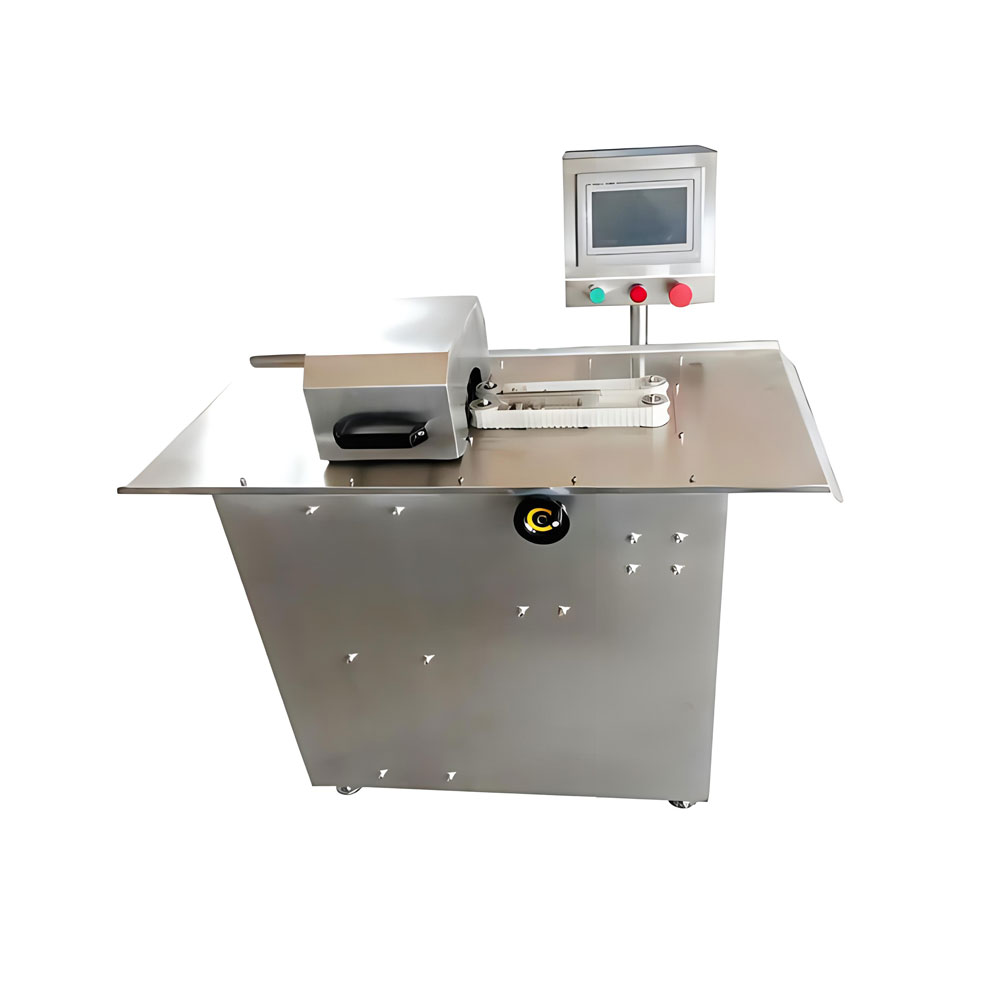
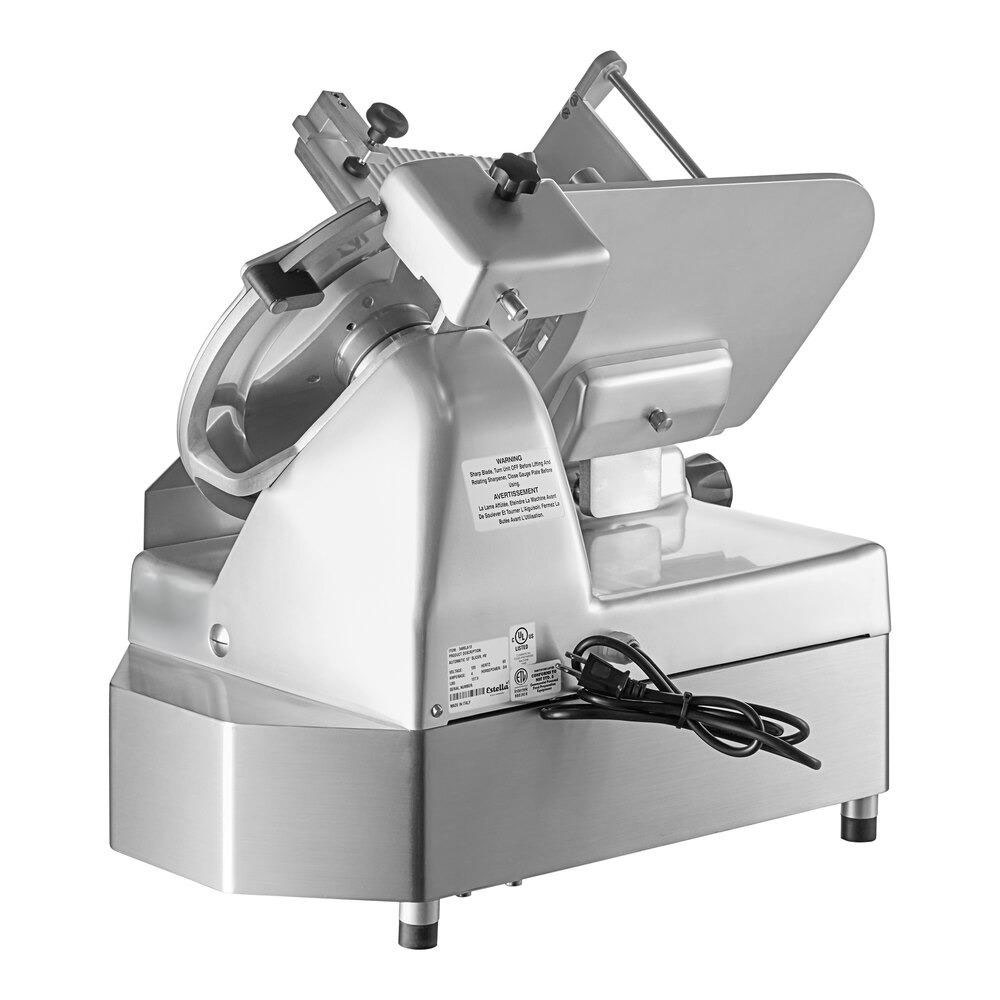
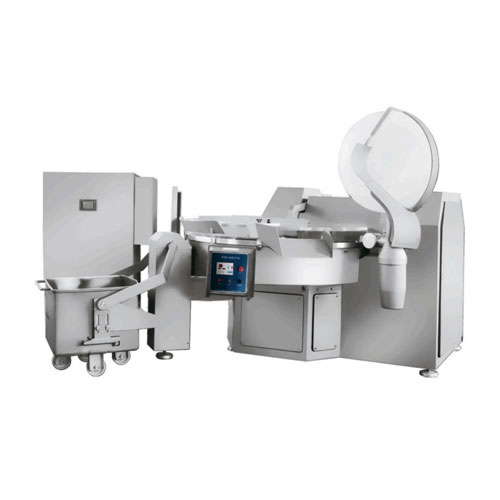
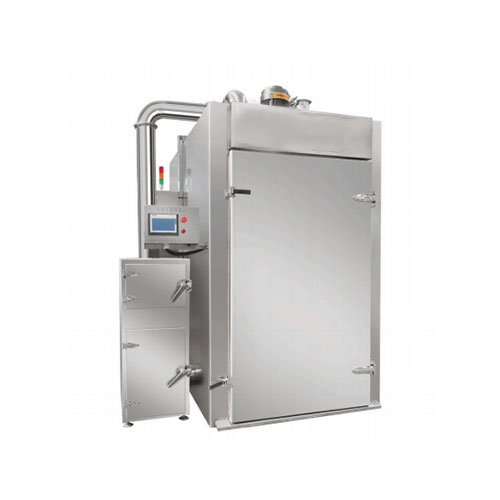
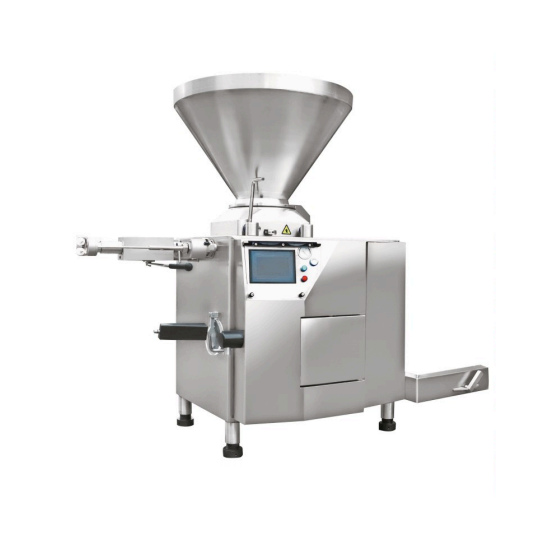
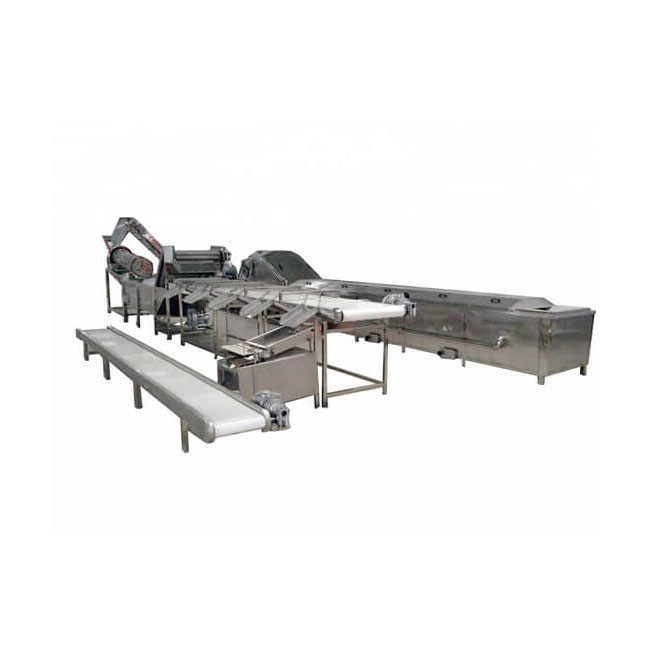
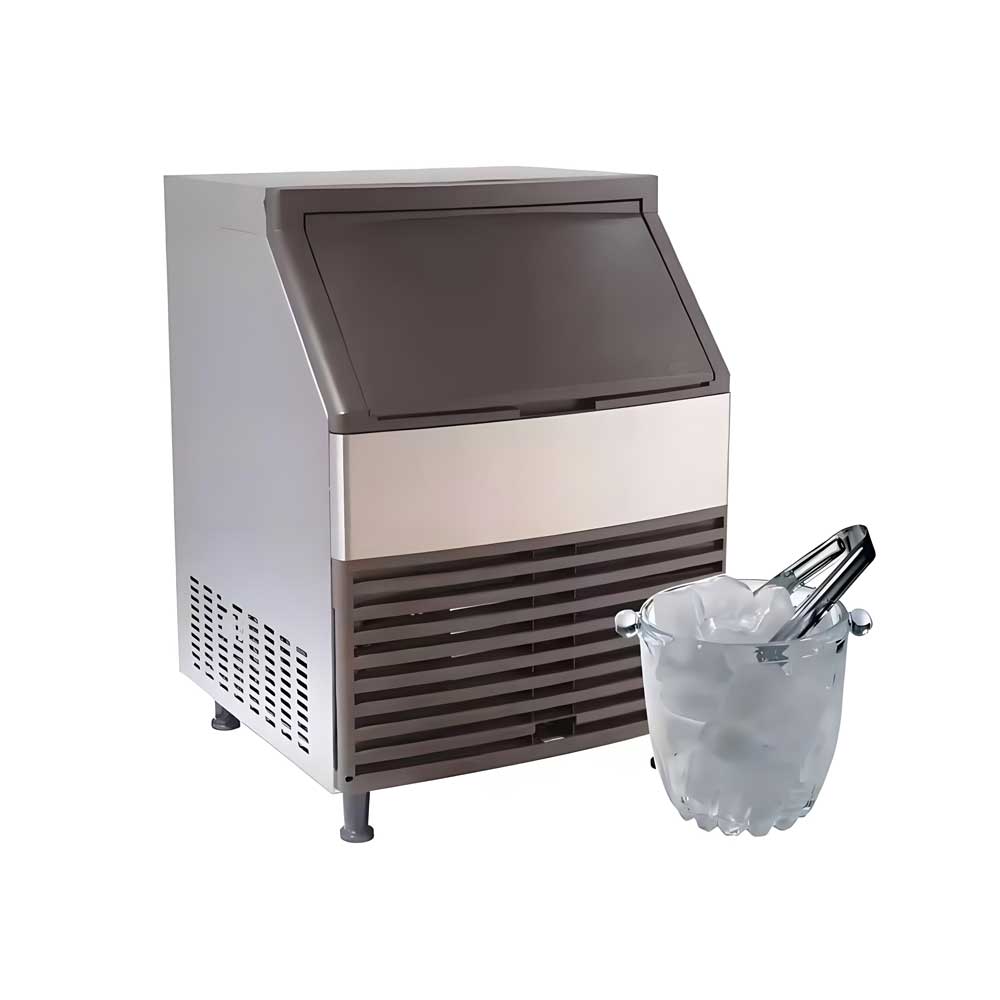
 Portable Flake Ice Machine
Portable Flake Ice Machine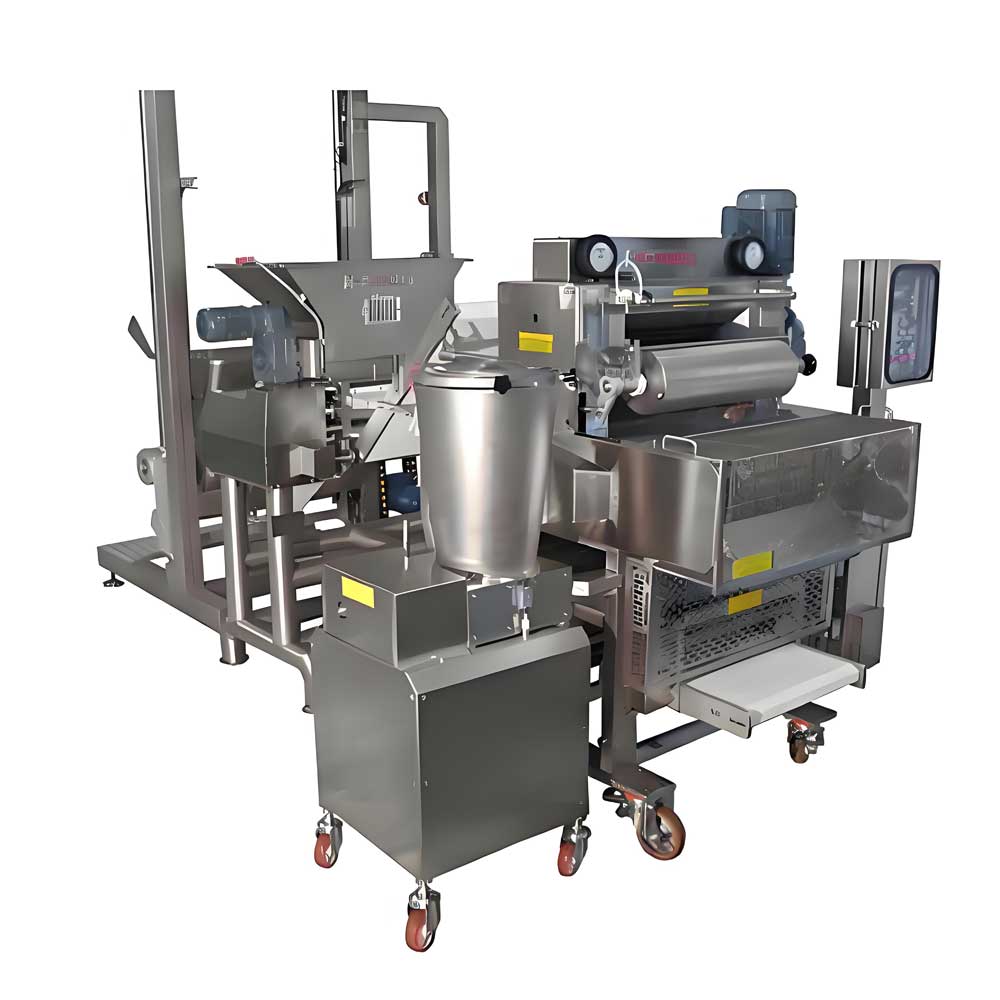 Pelmeni Making Machine
Pelmeni Making Machine
Ready to Get Started?